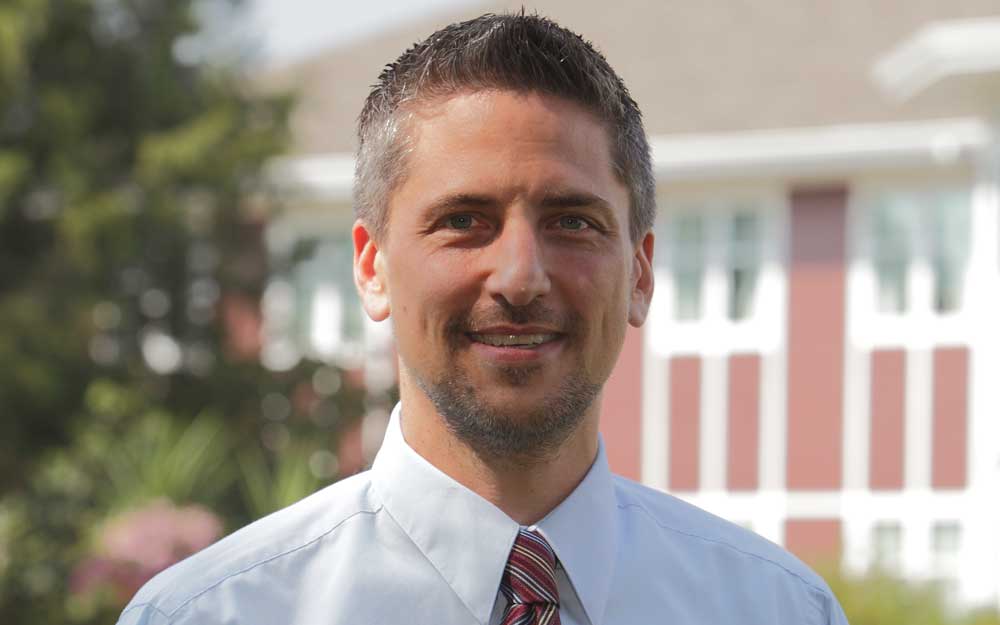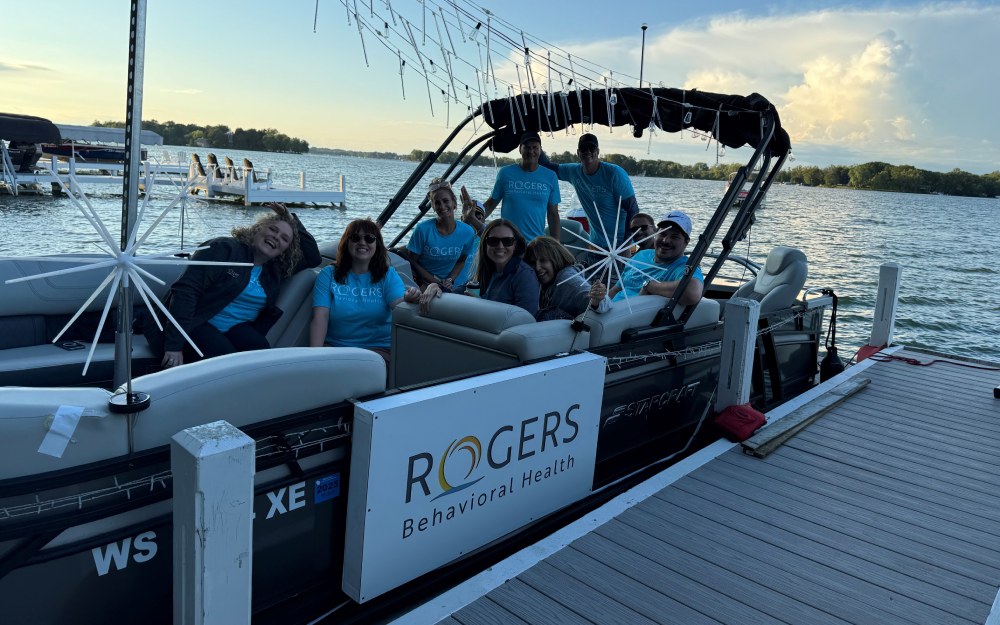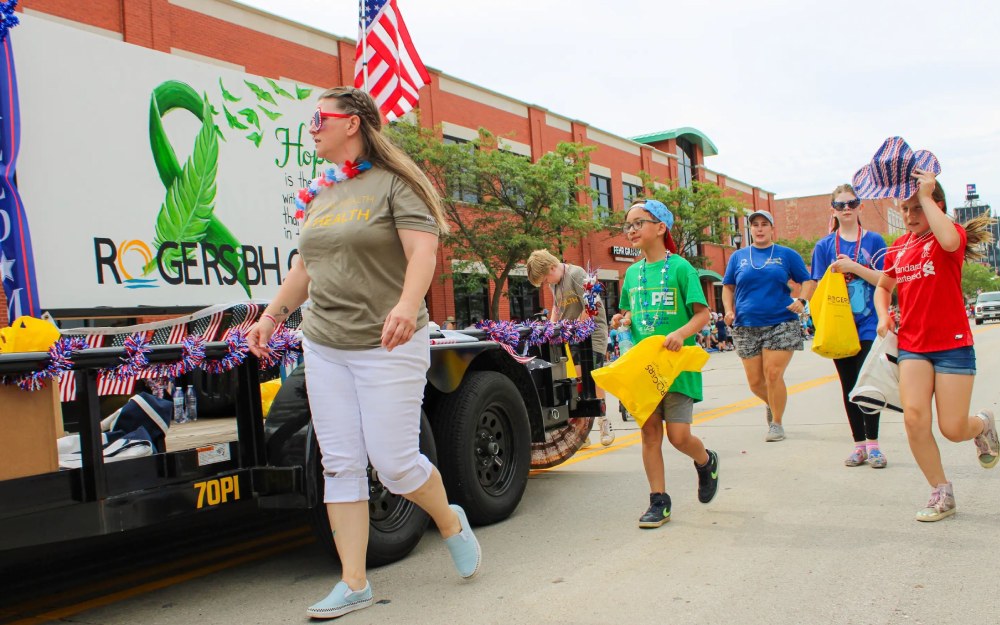
Local first responders receive trauma education
07/13/21 09:30:amFirst responders serve a crucial role in their communities by helping others in often life-threatening situations. With that responsibility can come their own trauma, with approximately 12% of them experiencing post-traumatic stress disorder (PTSD).

To address the needs of emergency medical technicians (EMTs), Dr. Wetterneck led a series of two half-day trainings for first responders in the Milwaukee area in June, coinciding with PTSD Awareness Month.
Each presentation brought together approximately 40 peer liaison staff from the Wisconsin Department of Natural Resources, 911 call operators, and local police and fire departments. As a peer liaison, each attendee is responsible for helping their co-workers with personal and professional challenges, as well as serving as a non-managerial resource.
Dr. Wetterneck led the group through a presentation and case scenarios. Topics addressed during the discussion included warning signs of trauma; why some people develop PTSD following a traumatic event and others do not; how to implement trauma informed care; treatment for PTSD; and ways to care for themselves, their co-workers, and family members.
Another discussion topic was the importance of not ignoring symptoms and the often-difficult step of seeking help. As members of a “helping profession,” first responders often struggle to reach out for help for themselves. To combat the stresses of their profession, they learned about the importance of maintaining healthy personal and professional relationships, setting boundaries, and practicing self-care.
“We want them to know that there are both precautions that can prevent PTSD and treatments that can lead to remission from PTSD that allow first responders to keep doing the job they cherish. We really care about them and have a lot of gratitude for how they put their lives on the line each day,” explains Dr. Wetterneck.
Feedback from the presentations was very positive, with first responders saying they benefited from the opportunity to learn more about trauma. Given this response and additional feedback from attendees, additional presentations are currently being planned to delve further into some of the topics discussed.





